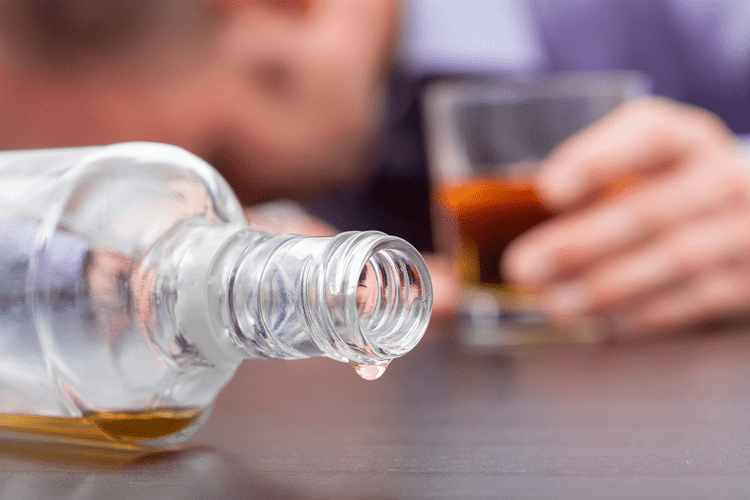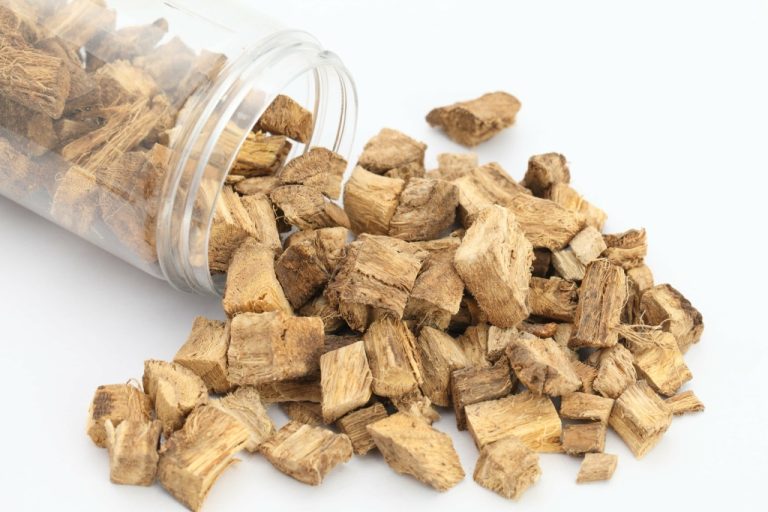However, they must be at least 16 when with their elders to drink or by alcohol. Australia designates many places as “dry” or “alcohol-free” areas. Some of these include blocks 7 and 23 in the Canberra Central District and near the Canberra Theatre Center. Several sections of Phillip Park, large portions of Sydney and Queensland also have dry areas. Likewise, Melbourne City, Western Australia, Victoria and Tasmania designate their own alcohol-free sections. I am a passionate beer connoisseur with a deep appreciation for the art and science of brewing.
The drinking age in Russia is 16, and there drinking age in russia is no minimum age for purchasing alcohol. However, there are restrictions on what types of alcohol you can buy and where you can drink it. The youngest legal drinking age in the world is 15, with both Mali and the Central African Republic allowing folks to drink at that time.
ALCOHOL IN RUSSIA
Alcohol consumption, it should be noted, is illegal in many Eastern Mediterranean countries, at least for Muslims. This is all of the information you’ll need about the drinking age in Russia. The same topic will also be discussed the drinking culture and additional drinking laws. We will also be talking about the punishment that people have to face whenever they end up breaking the law in a country such as this – Especially with its strict communist ruling.
Cruises from the United States to the Bahamas are very popular – and can set a course for confusion for the 18- to 20-year-old set. While on the ship, the legal drinking age for US-based cruise lines is 21 (that includes popular lines such as Carnival and Disney). But once disembarked on one of the balmy Bahamian islands, the legal drinking age is just 18. And the Bahamas Ministry of Tourism and Aviation told CNN Travel in an email that you should expect to show proper ID.
You should have ID at the ready, though the age rules might not be strictly enforced. People 17 and younger can have a drink with their parents and no one will likely look askance. “Europe usually is really high, both for the adult population and for 15- to 19-year-olds,” Rekve said. More than one-fifth of the European population 15 and older has reported heavy episodic drinking at least once a week, according to WHO. Countries where no 15- to 19-year-olds reported heavy episodic drinking in the past 30 days were Mauritania, Afghanistan, Kuwait, Libya, Pakistan, Somalia, Syria and Yemen. Binge or heavy episodic drinking can be measured as consuming at least 60 grams or more of pure alcohol on at least one occasion in the past 30 days.
In general, Russians view drinking alcohol as a normal part of socializing. It is not uncommon for people to drink alcohol at 10 in the morning or to drink vodka straight out of the bottle. In Mexico, you cannot buy alcohol if you are under the age of 18. You also cannot drink in public if you are under the age of 18. “Alcohol is zealously marketed, easily obtained, inexpensive and existing laws are not consistently enforced.
Alcohol may also cause complications such as liver failure and hormonal imbalance in minors due to the constant changes in their bodies as they mature, especially during puberty. Japan has the second-highest drinking age in the world compared to most locations where the minimum age is 21 In Japan, you must be at least 20 years old to purchase and consume alcohol. You can use your passport for your ID at local establishments such as bars or restaurants. Apparently, Italy doesn’t enforce the minimum drinking age as much as other countries might. However, Milan has become stricter about serving alcohol to minors since 2009. At this time, fines were up to $700 for an adult purchasing alcohol for a minor.
- It is advisable to always carry some form of identification, such as a passport or driver’s license, when purchasing alcohol in Russia.
- A “young person” is defined as anyone under the age of 17 by the Children and Young Persons Act, 1949 Section 2.
- The same rules apply in bars – IDs are usually checked at the entrance.
- Here you will find options to view and activate subscriptions, manage institutional settings and access options, access usage statistics, and more.
- In general, excessive alcohol consumption ranks as the leading risk factor for an early death or disability in 15- to 49-year-olds, Rekve said.
Is Turkey In Europe Or Asia?
No vendor can sell to anyone who already has had too much to drink, and no one can drive with more than .05 percent of blood alcohol content in their system. Yes, there are certain types of alcohol that are prohibited in Russia, including moonshine and counterfeit alcohol. It’s important to purchase alcohol from licensed establishments to ensure that it is safe and legal. If you’re over 18 and want to purchase alcohol in Russia, you have several options. Alcohol can be purchased at grocery stores, liquor stores, and convenience stores. It’s also common to find alcohol for sale in restaurants and bars.
However, stronger alcoholic drinks such as cognac and vodka are only sold to those over 21. However, you cannot buy beer or wine in grocery stores – you can only buy them in special stores that sell alcoholic beverages. It would put an end to the perverse culture of secretiveness and abuse that has grown up around underage drinking. It would allow bars and restaurants to become ‘safe spaces’ for college-age students to drink and Uber home if they need to. Proponents will undoubtedly also emphasize the revenue gains for the state that would come from legalization. Even though Japan does have laws that prohibit minors from consuming alcohol, it’s difficult to enforce.
Why Minimum Legal Drinking Age?
If you are traveling or studying in Italy, you might need to know what the drinking age is there. Youth ages 16 and over can purchase alcohol with the appropriate identification. At home, parents or guardians can allow their children to have alcohol. However, the UK chief recommends that underage persons not drink at least until they are 15. Usually, children as young as five don’t drink much, and having more than probably a few sips is not typically advised. Some experts might say to not allow young people to drink more than once a week.
Institutional access
The laws on MLDA cover a wide range of issues including when and where alcohol can be consumed and vary from country to country. The United States (except Puerto Rico and Virginia’s Island) and 19 other countries, especially Asian countries, have the highest set MLDA. However, some areas in India have drinking ages as high as years. In some countries, especially Muslim countries, alcohol is completely banned, with an exception sometimes made for non-Muslims. This means that individuals 18 years of age and older are legally allowed to drink alcoholic beverages in public. It is illegal for anyone under the age of 18 to consume alcohol in China.




















